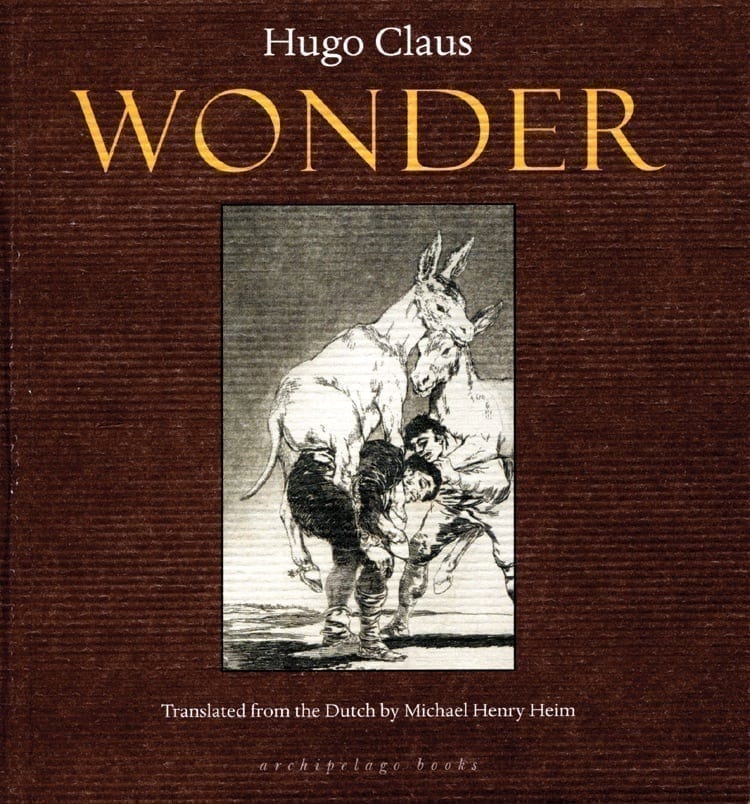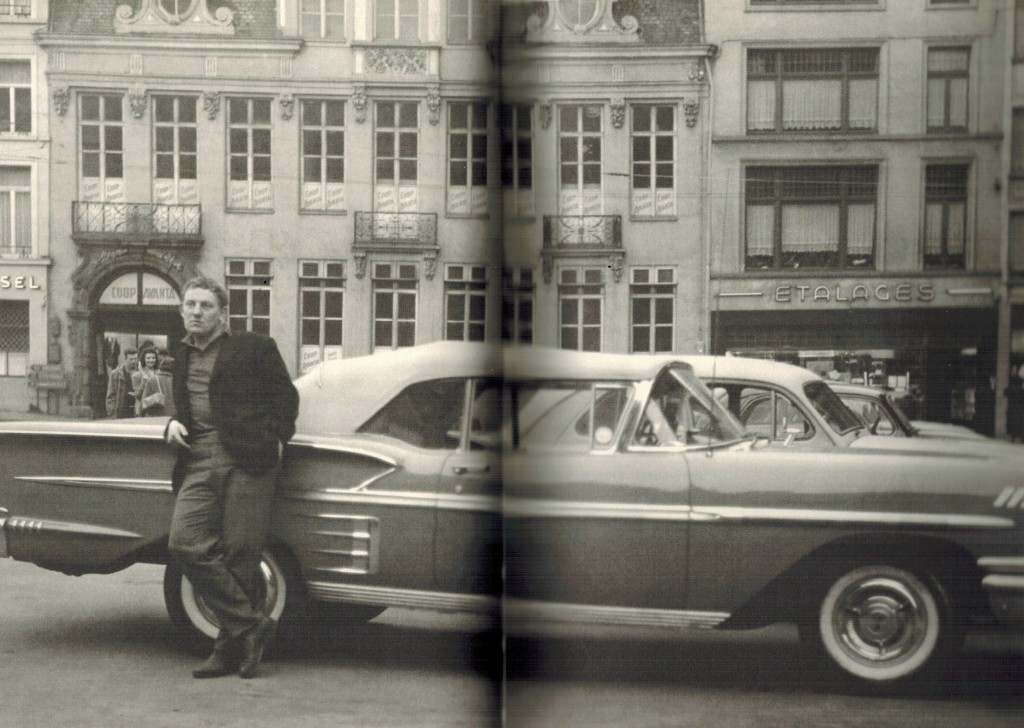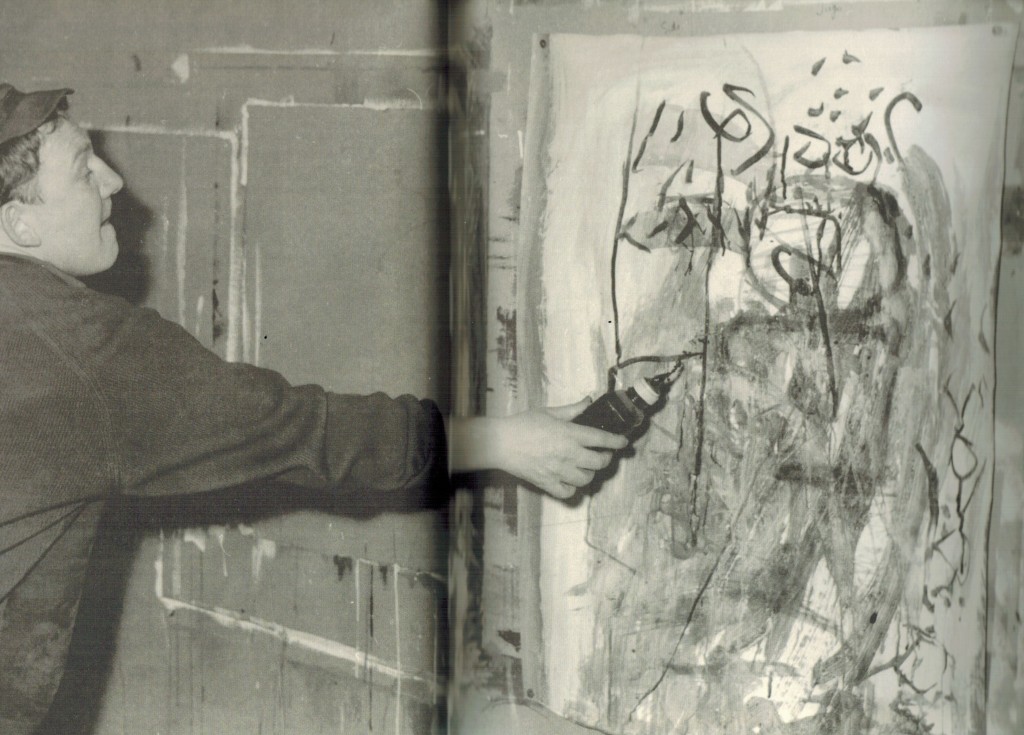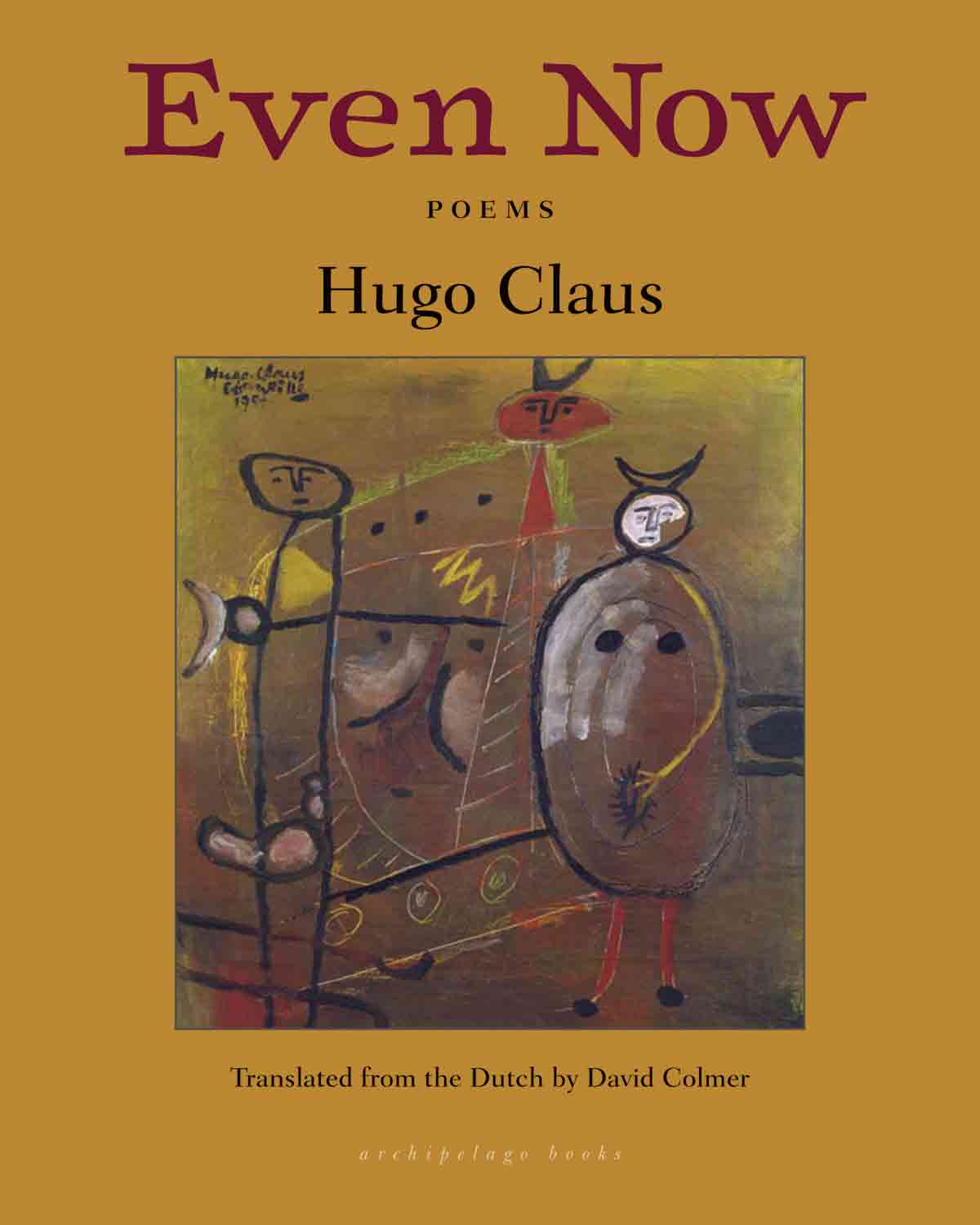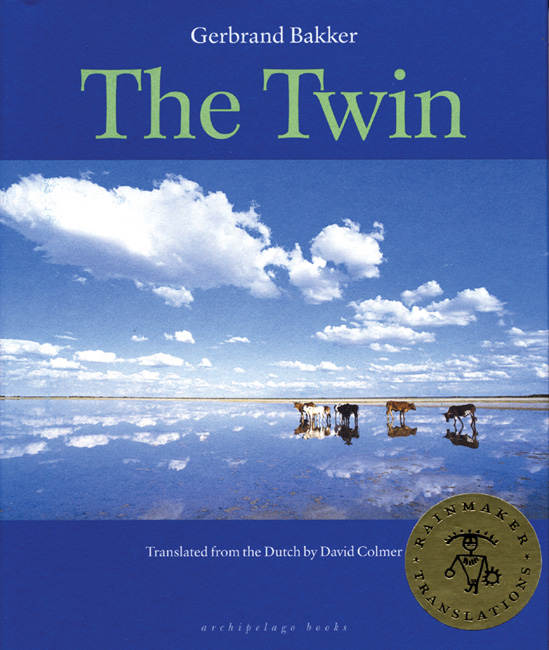Praise
Claus rages against the decay of the physical self while desire remains untamed. From the beginning, his poetry has been marked by an uncommon mix of intelligence and passion, given expression in a medium over which he has such light-fingered control that art becomes invisible.
While fully aware that such an honorable title can only be used in great exceptions in Flemish literature, I would call Wonder a masterpiece.
Claus's work is just as broad as the soul is deep.
The greatest writer of my generation.
To speak today of a still largely-unknown major work on European Fascism . . . seems presumptuous, rather like announcing the existence of, if not a new continent, at least a land mass of strange and significant proportions. But in discussing Wonder, it would be churlish not to admit to an explorer’s exhilaration at discovery.
What Claus excels at is in how he allows the story to unfold. At times the reader is led through the same fog that de Rijckel wanders in, but there are also moments of bright clarity.
Like the other fictions and poems by Claus . . . Wonder is an extraordinarily powerful and original work.
. . . the narrative is a bit disjointed, non-linear, and hazy. But it also has a very classic, very capital-l Literary feel. This is a book that’s going to be read for years . . .
As to the language, Claus’s abilities are astonishing . . .
Originally published in 1962, Wonder is a reminder of the energy and experimental verve with which so many writers of the Fifties and Sixties (Malaparte, Bernhard, Grass, Böll, Burgess, Pynchon) conjured up the disjointed and rapidly complicating world they found themselves in.
Claus weaves together a rich tapestry, presenting an array of memorable characters . . .

